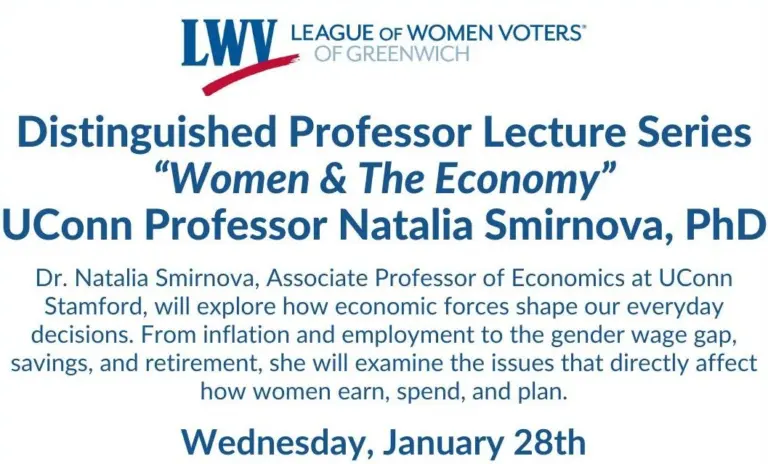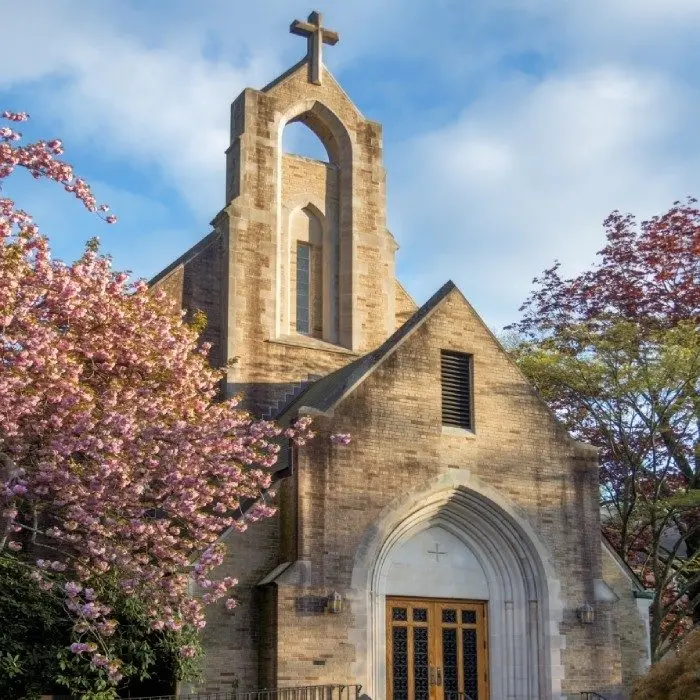By The Rev. Marek Zabriskie
Most of us would like to have a stronger faith – one that connects us closely to God and helps us when we or someone we love is ill, deeply troubled or suffering from a loss. Faith, however, is not like magic of like saying, “abracadabra.”
Joan Chittister notes, “The problem is that we are not sure that we have faith in faith.” Like one of the biblical figures, we are apt to say, “Lord, I believe; help my unbelief.” (Mark 9:24)
When the disciples asked Jesus to increase their faith, he replied, “If you had faith the size of a mustard seed, you could say to this mulberry tree, ‘Be uprooted and be planted in the sea,’ and it would obey you.’” (Luke 17:5-6). If only it were so easy.
Faith is no easy task. Most of us suspect that others have more faith than we do. The English novelist E.M. Forster described one of his characters as having faith with a small “f.” We suspect that our faith is of the small “f” variety. After all, we haven’t experienced any burning bushes, lightning bolts, blinding lights like Moses, Elijah, or Paul.
In Matthew’s Gospel, Jesus even more dramatically says, “…if you have faith as small as a mustard see, you can say to this mountain, ‘Move from here to there,’ and it will move. Nothing will be impossible for you” (Matt. 17:20). Of course, he was speaking euphemistically. Faith may accomplish great things, but usually it usually does not relandscape.
One of my mother’s favorite authors was Somerset Maugham. As a young, impressionable man, he read Ernest Renan’s Vie de Jésus, attended church twice a Sunday, and listened intently to the vicar preach. His uncle assured him that faith can move mountains. So, Maugham decided to put this to the test. Before going to bed, he prayed asking God to remove his stutter. He awoke convinced that a miracle had occurred, only to discover that his impediment was still severe. His faith was crushed.
Faith is like trust. We have all learned to trust throughout our lives. We have trusted in heroes and some have failed us. We have trusted in governments, and some have misled us. We have put our trust in ourselves and called it faith. We have put our faith in money and found that it fails to satisfy. So, we keep searching for a more robust faith.
We find ourselves envying people with a strong faith, who have a hopeful, positive outlook. We see the difference that it makes in their lives, and we long to be calm, joyful, and less anxious. A real faith helps us to know that in all situations God has our back. God is with us. Faith is thus the absence of fear.
Peter Drucker was a pioneer of management consulting and a person of faith. In his 1949 essay on Soren Kierkegaard, Drucker wrote, “Faith is not what today is so often called a ‘mystical experience,’ something that can apparently be induced by the proper breathing exercises or by prolonged exposure to Bach… It can be attained only through despair, through suffering, through painful and ceaseless struggle.” Real faith often comes after life has broken us open. But just a little faith – like a mustard seed – change how we see and respond to life.
If you are seeking a deeper faith, I suggest these four things:
• Attend worship each Sunday. It will reorient you. We enter church focused on ourselves and leave focused on others. We are surrounded by believers who seek to believe more, and faith is contagious. Faith is not so much taught as it is caught.
• Second, read some Scripture each day. You can’t accomplish anything by doing it just once or twice a month. You need a daily discipline. So, read the New Testament slowly and meditatively each day for five or ten minutes, and it will transform you.
• Third, if you’re skeptical, read C.S. Lewis. He was an incredibly bright atheist who reasoned his way to a deep Christian faith. Read his books Mere Christianity and The Screwtape Letters. They will help you overcome your doubts.
• Lastly, practice Christianity. Get involved in some hands-on service to those who are down and out. The Bible says that “Faith without works is dead.” Get to know a few people who are struggling and help them. You will meet Jesus as you do.
What about the faith of our children and grandchildren? We cannot instill faith in our children by overprogramming them or replacing church with Sunday sports. Faith can only be discovered by participating actively in a Christian community, where we surround ourselves with people who are striving to live similar values and put their faith into action.
We are seeing lots of young people who have worked incredibly hard under great pressure and have a good job, and yet they feel empty inside. There is a void that they are struggling to fill. They are longing for faith, which is God’s antidote to everything that makes us so fragile, human, and needy for faith overcomes our anxieties and our inadequacies.
Faith is a choice. When I was in seminary, I watched a classmate whose faith went up and down like a volatile stock. After witnessing this, I decided to stop questioning the Nicene Creed and accepted these truths as foundational for my life. As a result my faith became strong and stable. If you want a rock-solid foundation, build your faith upon these time-tested beliefs.
Of course, faith is always a gamble. If you cast your lot with Jesus, you may still suffer, be hurt, or face a major loss. Eventually, you will die as all people die. But in the meantime, you will live with peace, hope, and joy. Archbishop Desmond Tutu said, “Of course, faith is a risk – but one I would never risk living without.”




